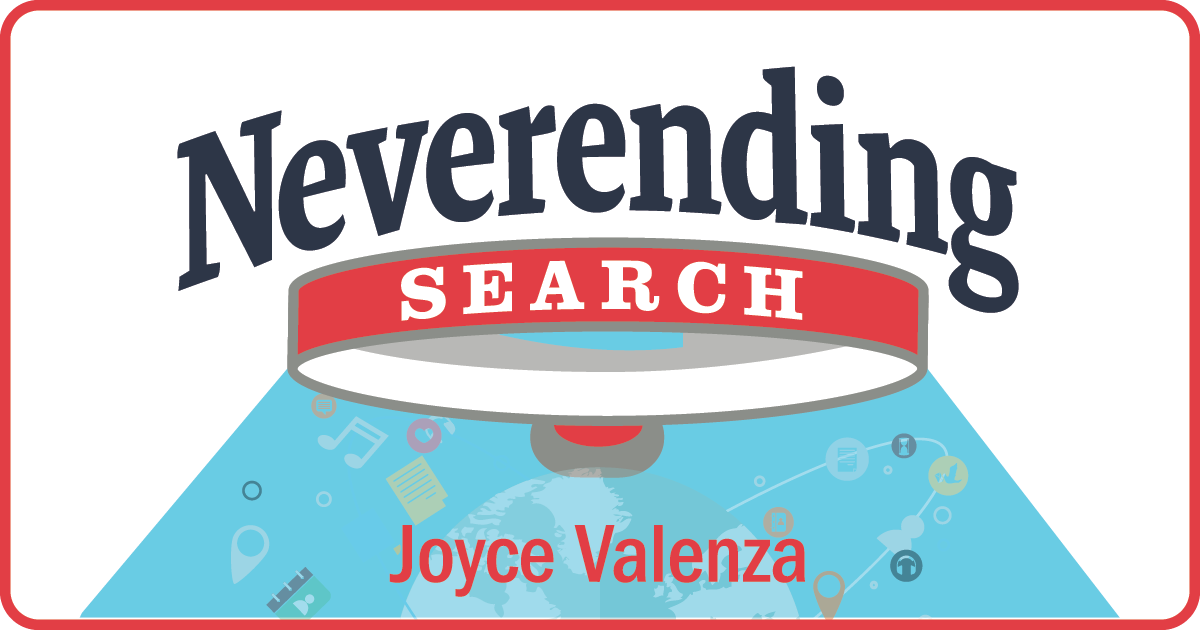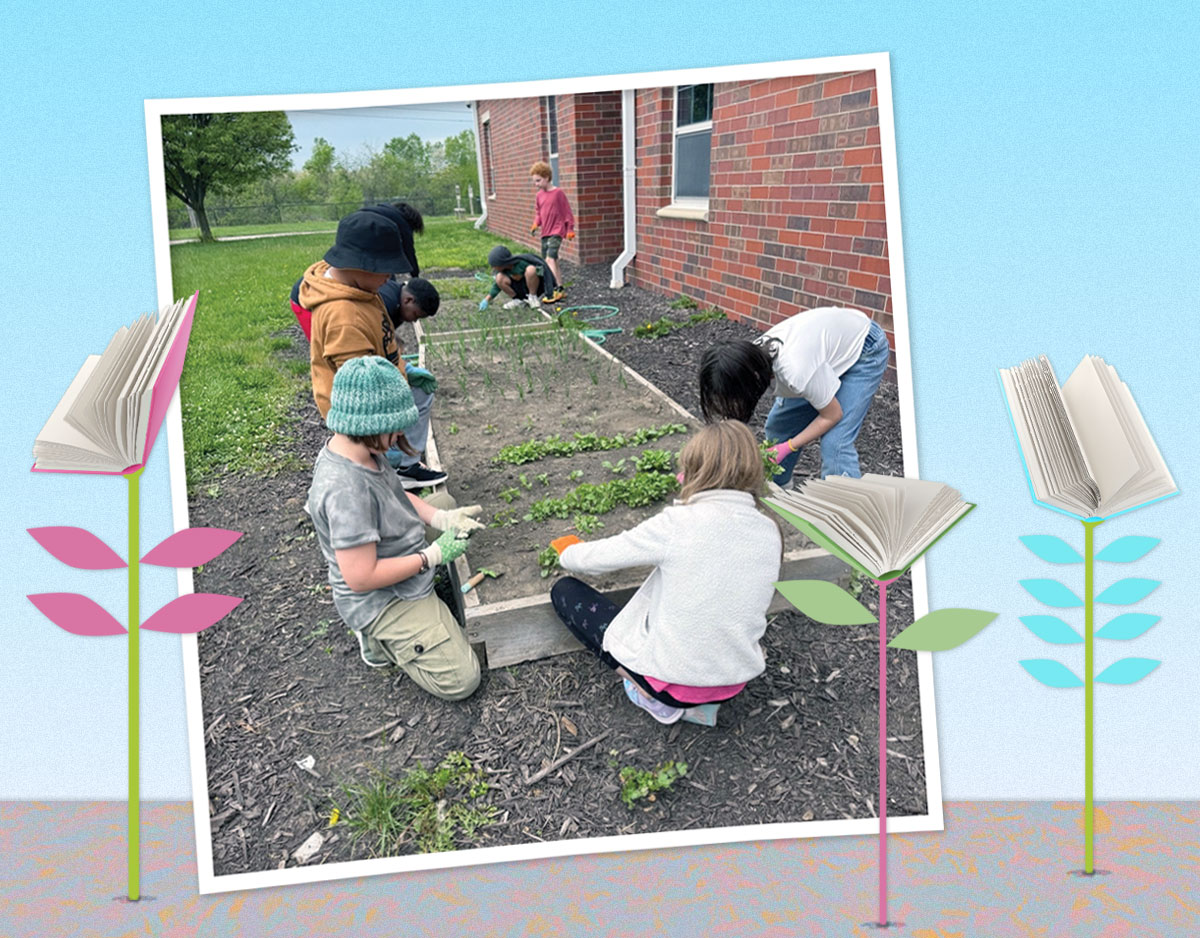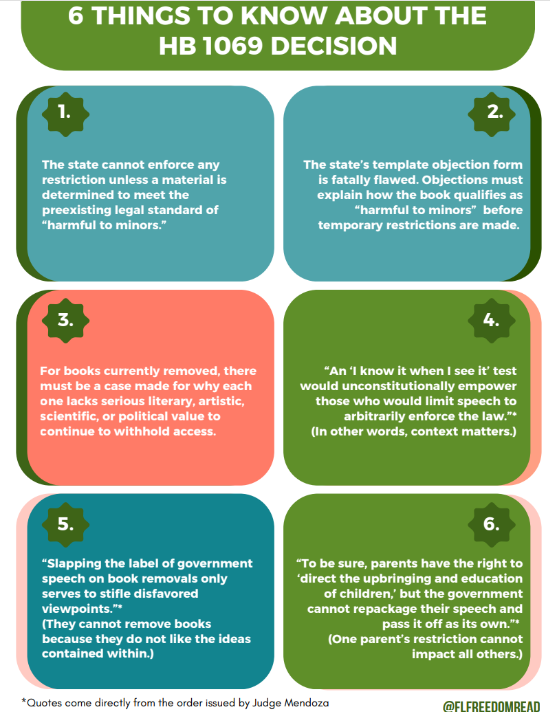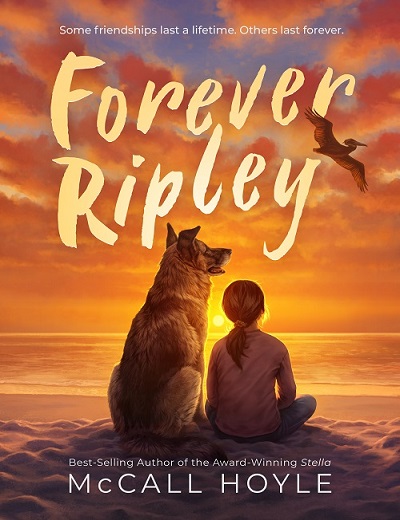SCROLL DOWN TO READ THE POST
See Sally Research @TEDxPhillyED
When I discovered I was selected to present at TEDxPhillyED last spring, I was both honored and terrified.
Doug wrote about this event and his own TEDx experience in his post Everyone should give a TED talk.
Doug hit the nail on the head with his question:
So here is my question: Could you give a TED talk inspired by a personal passion for what you do? What would it be about? What would others learn from it? What makes you look forward to the next day even after a rough time at work? What do you take time to reflect on? What’s your obituary going to say mattered to you and why the world is a better place for your having been in it?
If you don’t know what your TED talk would be, I’d think hard about my career choice, my priorities, my life. Especially as an educator.
After engaging in my own personal soul searching, exploration of my passions, what I love about my work, and what I want people outside our little pond to understand about our role in the school culture, it was clear that I wanted to paint the picture of our work and to try to frame it, at least partially, through the eyes of the learner. (I know that this choice was risky and that I would likely, perhaps legitimately, be viewed as self-serving.)
So here is that speech, about what matters to me and what I think I contribute.
Just today, the TEDxPhillyED folks posted my part of the June 25th event. I am also sharing my notes (not word-for-word) from the presentation.
I am a librarian.
I’ve been a librarian for 35 years.
And I believe there has been no better, no more exciting, no more important time to be a librarian.
I work with classroom teachers to ensure that learners are effective users and producers of ideas and information.
This section of our TED event is about the future, and I promise we’ll get there, but first I want to take you back.
I’ve been a high school teacher librarian since 1989. And that is the year we begin our story.
Today I bring you three lovely composite learners.
These are learners you may have met.
These are learners you may now be growing in your classrooms or homes.
These are learners who may have been you.
Let’s look at their research journeys and a couple of what I call great research shifts in a kind of environmental scan.
So, let me take you back to 1989
First, let’s meet
Sally Madonna. In Alaska, the Exxon Valdez has just dumped hundreds of thousands of barrels of crude oil into Prince William Sound.
And somewhere in suburban Philadelphia . . .
Sally is a high school junior very interested in the environment.
Omigod! This is TOTALLY tragic.
I just came back from the library with my class.
· Gathered this book cart—Handouts, reference, magazines, quoting, MLA Citation
· Card catalog—water pollution?
· Readers’ Guide & call slips
· Microfiche
· Dialog
· Flip through mags, vertical file
· Note cards & source cards & outline & rocking MLA
· I can nail it!
· Product: Perfect expository paper with a thesis that takes stand Environmental factors outweigh the possible gains that can be gained from offshore exploration.
· Audience: Teacher’s going to love it. . .
ADVERTISEMENT
ADVERTISEMENT
Look out, because here comes our first . . .totally awesome research shift
It’s 2005
Let’s meet Sally Spears,
Hurricane Katrina strikes the Gulf Coast wreaking havoc on New Orleans and its failed levees, displacing hundreds of thousands of families
And somewhere in suburban Philadelphia . . .
Sally is a high school junior very interested in the environment.
OMG! Can you believe what happened?
· tentative thesis, importance of preparedness Why a city like New Orleans was not adequately prepared to deal with crisis. Did racial/class disparity play a role in the delayed federal response?
· Wikipedia (don’t tell my teachers), Google, CNN
· Virtual Library (love)
· Databases & Pathfinders & ebooks and journals (so academic!) passwords
· Electronic notecards-commas, colons, periods? Who cares?
· Evaluate: govs .orgs 9th grade sheet What about blogs? Email a friend at Tulane?
· What is truth?
· Notebook/Outline in powerpoint
· Product: PPT bullet points
· Audience: Class is going to love it!
Look out, because here comes . . .a crazy monster research shift
It’s 2011
Sally Gaga, An earthquake in the Pacific has caused a tsunami in Japan forcing the evacuation of 100s of thousands of people. Around the same time, more news floods in about the tornadoes in Missouri, Alabama, and Mass
And somewhere in suburban Philadelphia . . .
Sally is a high school junior very interested in the environment,
Sally wonders about the impact of these disasters and if these events might somehow inform her community in suburban PA where tsunamis are rare.
OMG. These are legit tragic events. I wonder how our little township in PA might respond to disaster. We’ve been having some wacky weather here too. Do we have a plan? Do my neighbors know what to do and where to go?
The president said: “we can’t control when or where a terrible storm will strike, but we can control how we respond to it.”
· Notebook? So 90s! Not an adequate container. I need to curate knowledge like my librarian. To make sense of it.
o Research wiki other curation tools: Makes work transparent
o Share-Electronic notecards–(Commas? Colons? Periods? Who cares?)
o Mindmapping and outlining tools
· Start out on YouTube –background
· Mashpedia
· Google’s hidden powers and tricks! Filter bubble (I am 16 & my Google looks different from your Google.)
· Guides, Pathfinders & Databases & ebooks & media & tools, search tools
· Carry my library with me!
o DM librarian Twitter
o JSTOR (scholarly on Facebook page) you should get one
o database apps for my phone! you should get one
o RSS feeds (love them) push-databases, blogs, news sites,
· News from different nonwestern sources
· Do government sites always tell the truth?
· Neutral text
· What is a primary source? Who is an expert?
· Blogs? Nurse in Japan. But remember: Gay girl in Damascus
· Hashtags (love them) #japantsunami
o Remember Netanyahus!
o Who best to follow on Twitter
o Truth?
· Academic digital footprint
· Survey? Determine needs and readiness
Aggregate/curate emergency plan on a portal (spoke with teacher & librarian)
o Storyboarding and storytelling tools
o Borrow camera & tripods from library
o Google Earth
o Create doc to share with township supervisor
· Fair Use/Creative Commons
· What license should I choose?
· Project: Survey of the community. Determine their needs and readiness. Evacuation plan work with police & fire to build/curate a prototype of portal to help community prepare. Participate. Include my video evacuation plans mashed up with Google Earth maps and NOAA feeds,
· Audience: They’re going to launch it at the Town Hall meeting and it may really make a difference. The important thing–Publish, broadcast, share, tell story, make a difference with my best work.
Look out—here comes another kind of shift–Let’s shift this time from historical fiction to nonfiction. From composite to real learners. How has research shifted?
Research can be transparent, interactive, meaningful, original. Student research can make a difference.
Over the past couple of years, my kiddos and I have learned and shared together in so many new ways, using and pushing the information and communication tools that have become available to us.
We’ve Skyped with authors and activists.
Let me tell you about a few real students who pursued their passions through their research:
Sam: taking twitter and the #jan25 as a serious tool for research in political revolution and considered new models as she connected the buzz on the hashtag with books like Brinton’s Anatomy of a Revolution and Gladwell’s Tipping Point
Maggie, researched and realized her dream of producing and directing a wonderful musical while raising money for AIDs research
Susannah, researched the limited popularity of opera in the community and created a PSA to help save opera at a local theater.
Josh wrote just last week to ask for the URL for his well-researched, well-practiced Hamlet Remixed Voicethread. He now needs it for his professional voice-over audition.
Dan’s original research connected motivation theories to Eagle Scouting. With his Google forms survey instrument, he constructed a national survey of Eagle Scouts and shared results with the BSA
This semester, Harrison’s research led him to imagine a feasible plan for light rail in our city and a realistic strategy for better connecting our suburbs. In September, he’ll be studying urban planning.
Marlene’s wonderful theater class—14 kids who collaborated to help me solve the problem of creating an engaging online keynote—we researched, wrote, sang, and danced and produce the Wizard of Apps. First singalong keynote shared around the world?
I’ll tell you why I believe there has been no better, no more important time to be a librarian.
I tell my students part of the learning is reflecting on our learning. Let’s reflect on why.
It’s complicated now. In the short span of just over 20 years, we’ve migrated from information deserts to information tsunamis. There is so much more to learn. There is so much more to teach. I have never loved my work more.
Libraries have evolved, Or they should have.
But library is not merely a place to get stuff. It is participatory.
It is a place to invent, to create, to make stuff, to collaborate on stuff, and to share stuff. It is more kitchen that grocery store. More transformational than transactional.
Library is morphing toward learning commons or libratory. It should be noisy. You should hear the sounds made by podcasters and video crews and storytellers.
Our Virtual Library is ubiquitous, open day and night. It’s a space where it is okay to be beta. Where we function as co-learners and co-teachers. It celebrates student work.
My colleagues and I are here to ensure that all students have equitable access to the tools they need to learn and create. Access to tools is as much an intellectual freedom issue as access to books.
In terms of intellectual property, I am now more cheerleader rather than gatekeeper—teaching kids to flex their fair use muscles and celebrate and contribute to the Creative Commons.
The world outside of our schools is not reading term papers.
Even at the youngest level, research is not reporting.
It ought to be a training ground for real-life decision-making.
Learners must be able to persistently focus on and manage a problem until is it solved.
ADVERTISEMENT
ADVERTISEMENT
There are multiple ways to read and write. Our learners must be transliterate. They will be able to leap tall buildings, by reading, writing, networking. publishing, broadcasting with talent and agility across shifting media and platforms. Learners must be able to tell stories based on their knowledge.
For me, the effective storyboard is the new five-paragraph essay.
Our kids do pretty well on their bubble tests. And I can show you research that links strong library programs with achievement. I can give you a bibliography. But I am also here to ensure that our kids become powerfully transliterate citizens. We’re not there yet, but we are working hard on it.
But because we’re looking toward the future here. Here is my hope.
I hope that in addition to counting the number of AP classes a school offers and the number of 4s and 5s its students score, that we also assess their efficacy as thoughtful investigators and storytellers. As participants. That we assess the skills that have the longest legs.
I will not discover a cure for cancer.
I will not write the next Pulitzer prize book.
I will not direct the next award-winning Indie film.
But I hope I will have students who do.
I hope that their work makes a difference. I hope that my work makes a difference.
Even in suburban Philadelphia.
And speaking of environmental scans, you don’t need to do a hell of a lot of research to discover that mine is a species that some believe is endangered.
That’s too bad. I am sad for the growing number of Sallies (and Sams and Dans and Maggies) of the world, of this city, and in other parts of suburban Philadelphia, who do not have access to and may never have access to a shifted library or a powerful library program.
I hope that when you are asked, like our Sallies, you will take a stand. Because some new storms are taking out a few things we really should have a plan to rescue.
I am a librarian. It’s never been a more exciting or rewarding, or more important time to be a librarian.
Learners have never needed us more.
See Sally Research was inspired by a chapter I wrote with Doug Johnson for Lehmann and McLeod’s What School Leaders Need to Know About Digital Technologies and Social Media.
Thanks to all who made the wonderful TEDxPhillyED event possible, including Ian Bryan and his team and sponsors: Wharton, livescribe, Dell, eBeam, Sensible City, and the Anishanslin Charitable Trust.
Filed under: advocacy, teacher librarians, technology
About Joyce Valenza
Joyce is an Assistant Professor of Teaching at Rutgers University School of Information and Communication, a technology writer, speaker, blogger and learner. Follow her on Twitter: @joycevalenza
ADVERTISEMENT
SLJ Blog Network
2026 Newbery/Caldecott Fall Prediction Edition
Separated from Santo | Review
Book Review: MAKE ME A MONSTER by Kalynn Bayron
The Classroom Bookshelf is Moving
ADVERTISEMENT
ADVERTISEMENT






